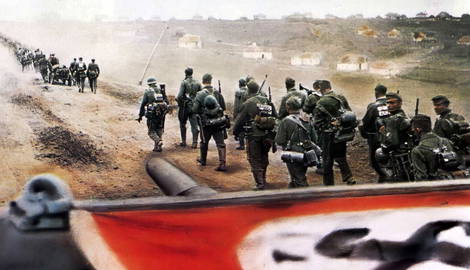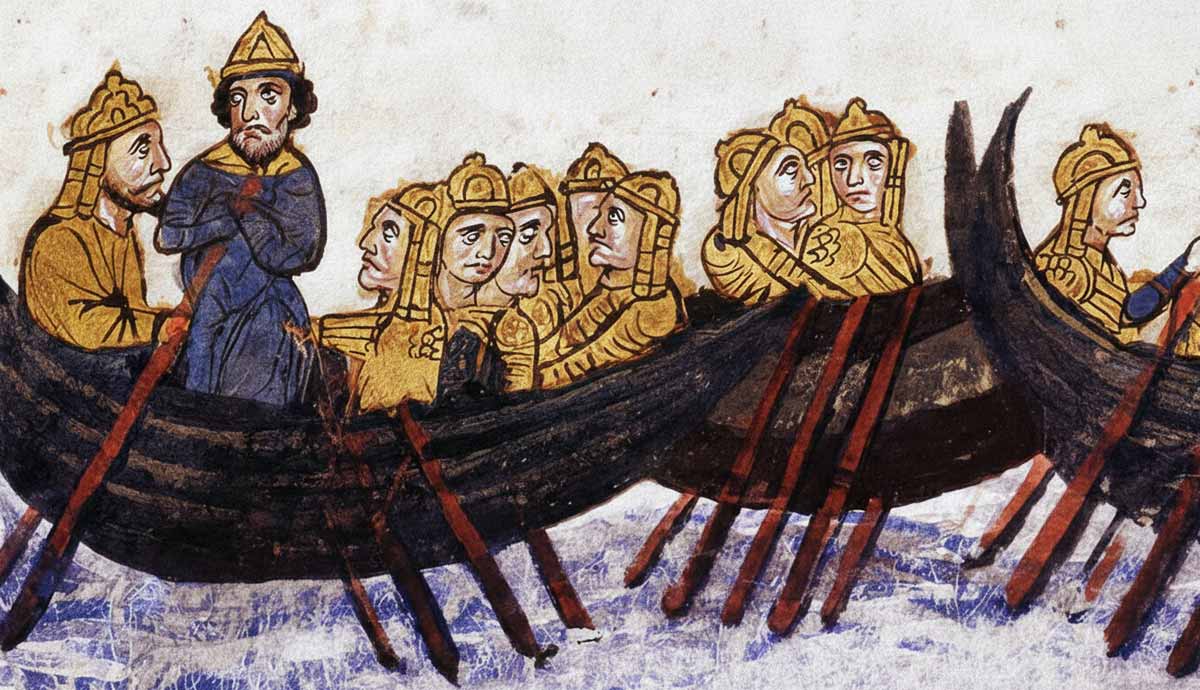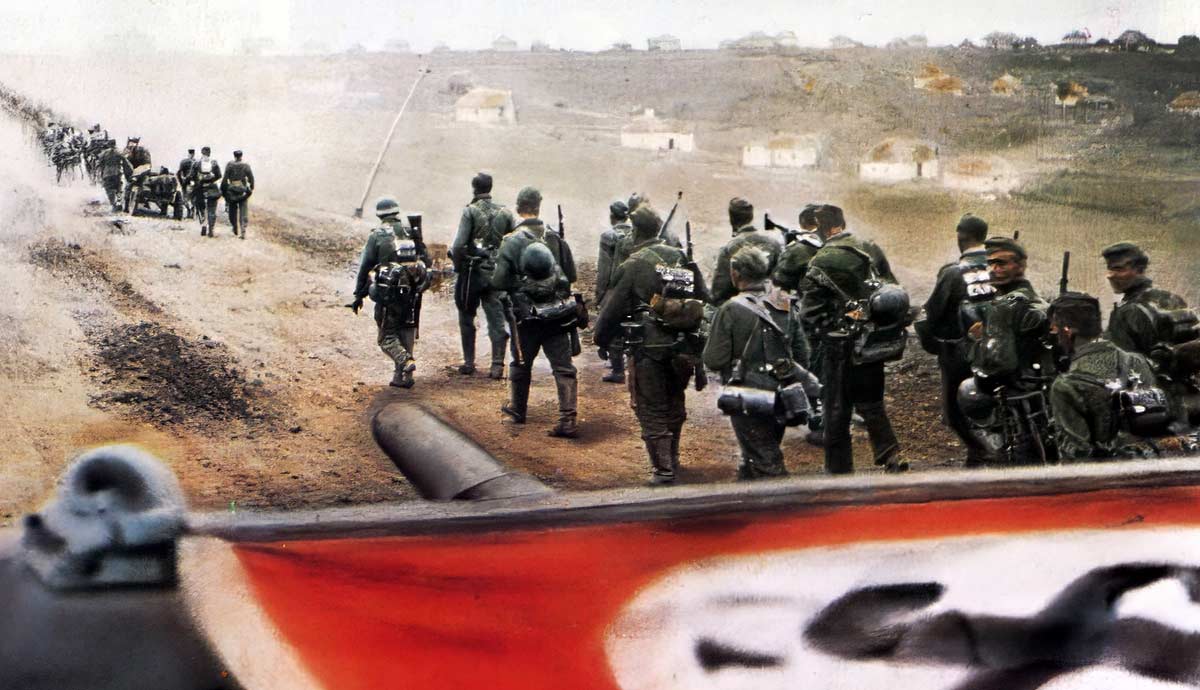
June 22, 1941: Hitler’s Operation Barbarossa launched a massive German invasion of the Soviet Union that would become a turning point in World War II. Driven by a desire to crush their main rival and seize resources for Lebensraum, Germany attacked. While the Soviet Army had more soldiers, they lacked training and their officers hesitated under Stalin’s fear, leaving them vulnerable in the initial onslaught.
The Main Objective of Operation Barbarossa
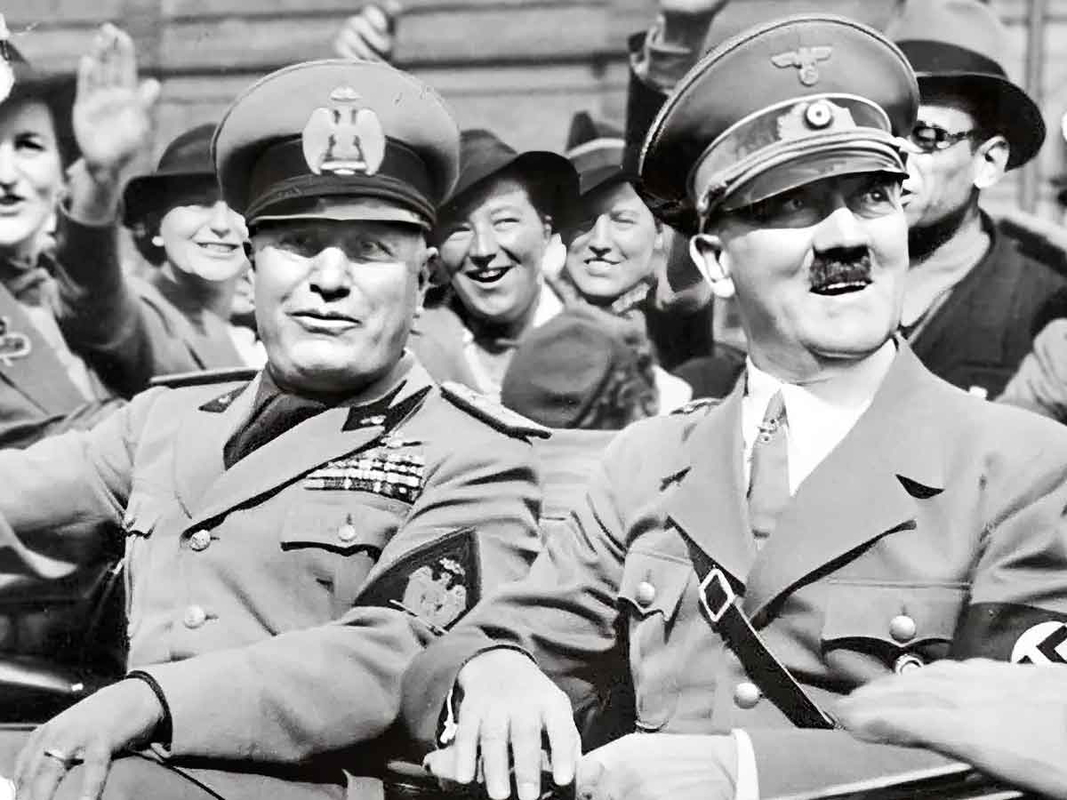
The mission was named after the Holy Roman Emperor Frederick Barbarossa and was designed to implement Nazi Germany’s ideologies of eliminating communism and taking control of the western region of the Soviet Union. The plan included subduing Slavic people through any means necessary including carrying out mass killings. The Germans also looked to take control of natural resources found in places like the Caucasus, Byelorussia, and Ukraine such as petroleum and manganese. At first, the Axis powers captured 5 million Soviet Red Army soldiers. Approximately 3 million of them died in captivity. German death squads and their supporters also carried out mass shootings and used gas to kill over a million Soviet Jews as part of the Holocaust.
The Molotov Pact of 1939
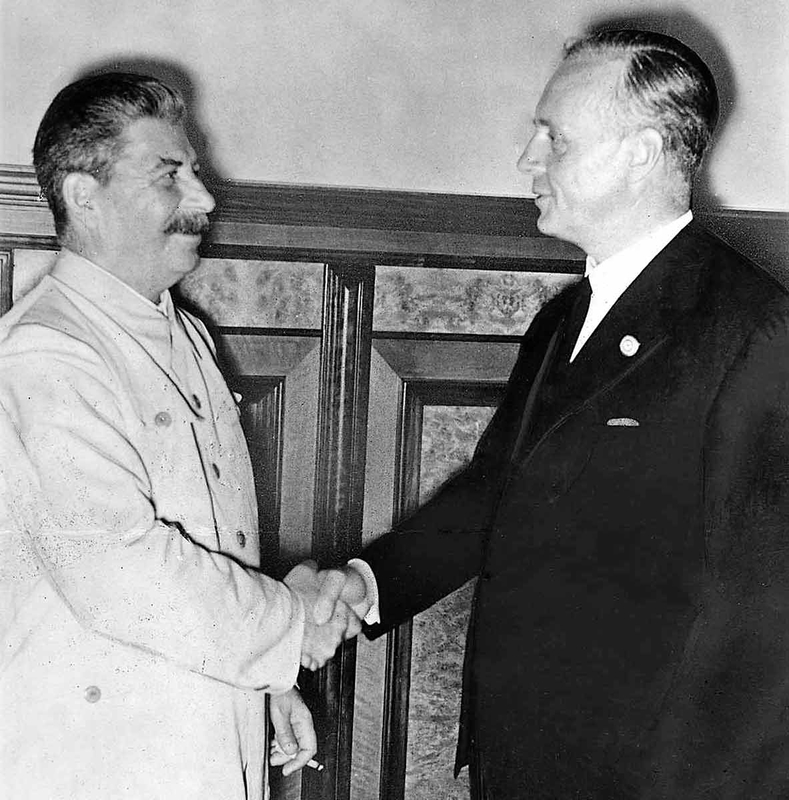
Two years before the attack, Nazi Germany and the Soviet Union had struck political and trade deals for their own strategic reasons. The deals included a non-aggression pact dubbed the Molotov-Ribbentrop Pact in which the two countries agreed that they would not attack each other. The agreement was named after their Foreign Ministers – Soviet Foreign Minister Vyacheslav Molotov and German Foreign Minister Joachim von Ribbentrop.
They also secretly divided and claimed countries that lay between them. As such, when the German military leadership started preparing for an invasion of the Soviet Union and eventually attacked it, Soviet leader Joseph Stalin was caught by surprise and became hesitant to mobilize his troops. Some historians believe that he made the decision in order to appease Hitler in the hopes that the aggression would be stopped through diplomacy. The decision caused Soviet troops to suffer heavy casualties when the attack started. Many of them were ill-equipped to retaliate.
How Operation Barbarossa Began

The invasion began on June 22, 1941 with large-scale overwhelming attacks launched by land and air. The main German army group advanced from occupied Poland on 22 June and was later reinforced by Romanian and German troops. The attack led to the fall of Kiev on 19 September, followed by Kharkov on October 24. Most of Crimea and Sevastopol also came under siege.
The advance came to a halt near Moscow on December 5 due to supply difficulties, muddy conditions, and a lack of proper winter equipment. The conditions allowed the Soviet army to regroup and launch a strong offensive.
Why the Attack Was Unsuccessful

Although Germany made some early gains, the Soviet Union did not collapse as expected, even after suffering severe losses. One major reason for the failure was a weak strategy. The Germans wrongly believed that the attack would be swift and brief and that the Soviets would give up easily after suffering losses in the first round of defeats as it happened with France.
Hitler had promised his senior officers that the enemy would easily cede territory following an initial overwhelming attack. However, Russia was not like France. The impact of the first Blitzkrieg (lightning attack) was blunted due to the vastness of Russian territory which caused supply problems. The rugged, muddy terrain also made it difficult for the Germans to advance at the predicted pace.
Major Miscalculations Germany Made

Germany overestimated the power of its own army which was actually limited in both size and equipment thereby contributing to the failure of the operation. The Soviet side made a concerted effort to quickly build factories following the initial surprise attack to develop tanks and artillery weapons needed to counter the invasion.
Another often overlooked factor that contributed to the failure of Operation Barbarossa was the immense resolve of the Soviet troops. Stalin’s decision to describe the war as a defense of Mother Russia rather than weave a political narrative to legitimize his rule gave Russian soldiers the morale to push forward and force the Germans to retreat. The Soviet Union also had tens of millions of soldiers in reserve. As a result, the Russian army was able to influence the outcome of the war in its favor.
